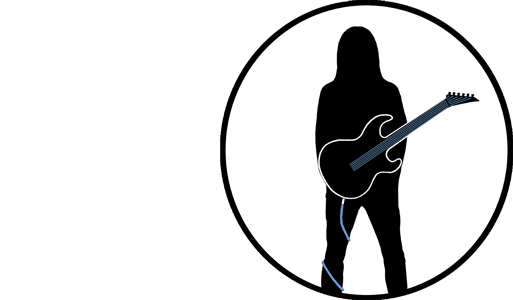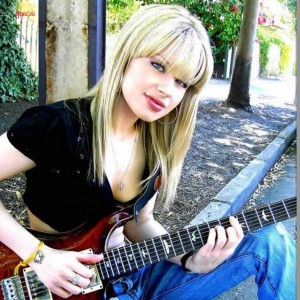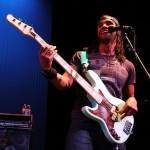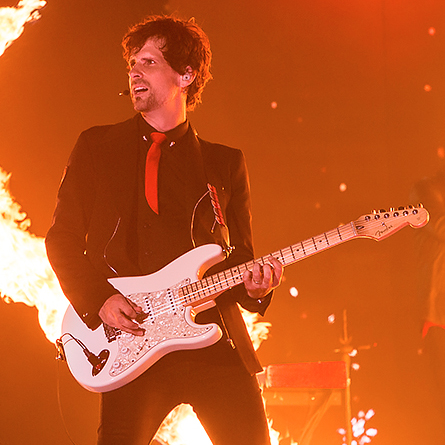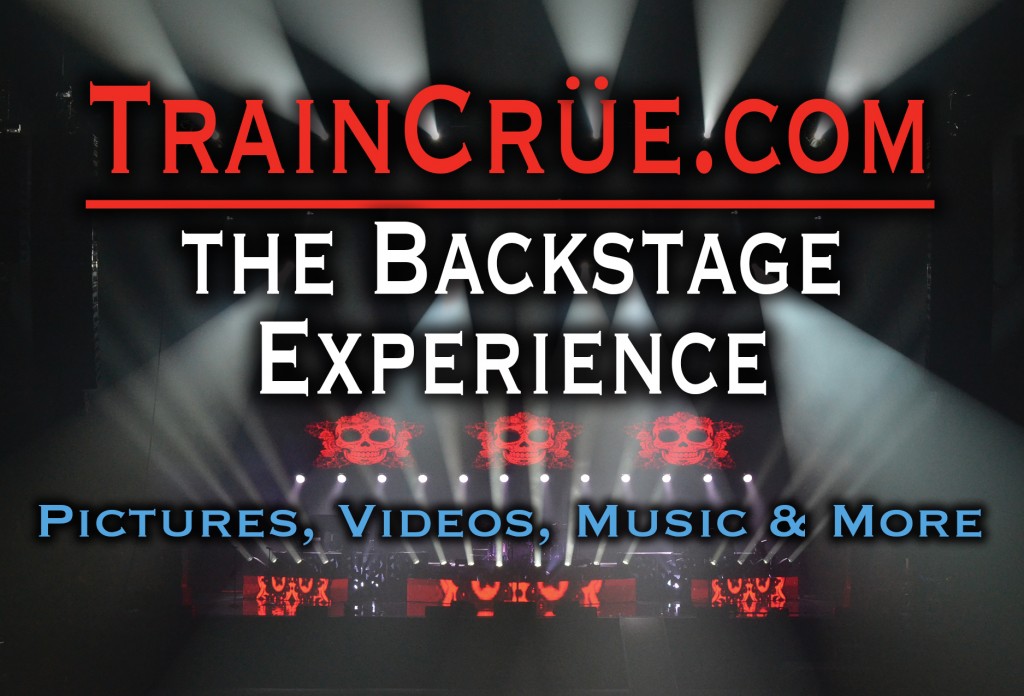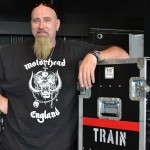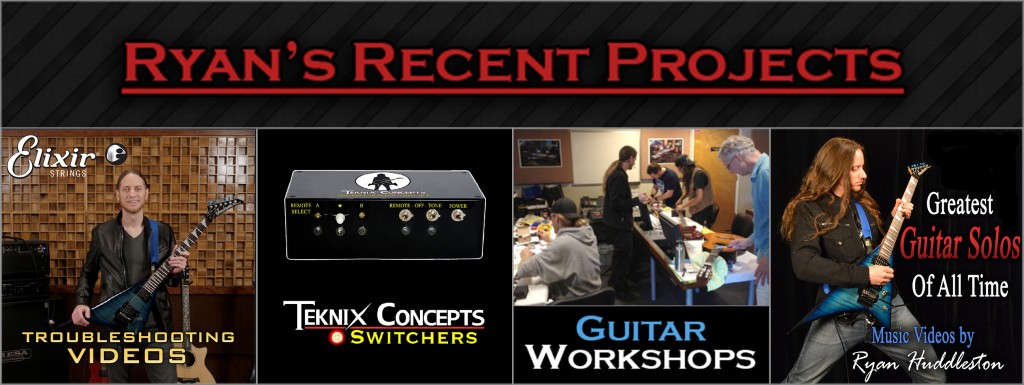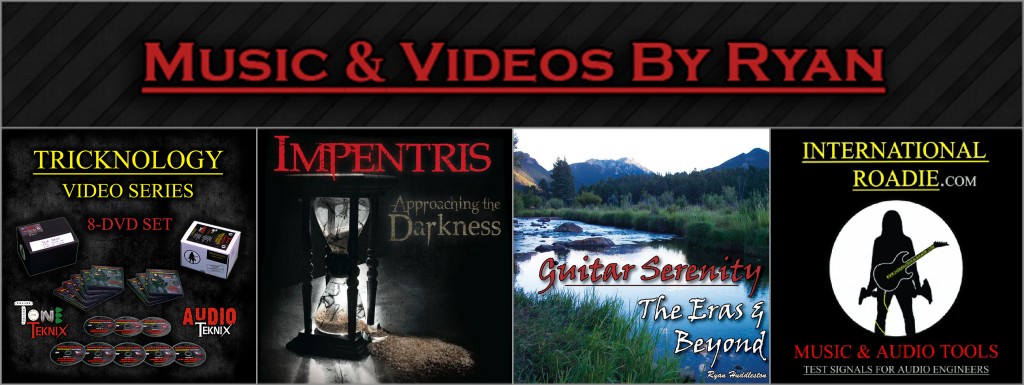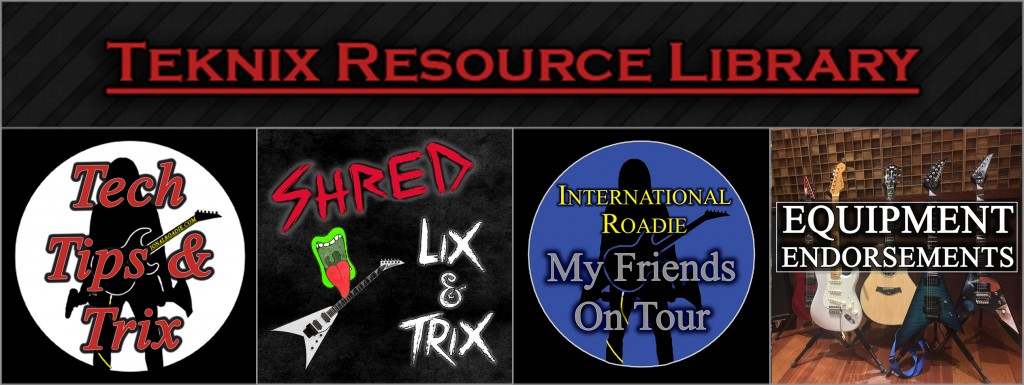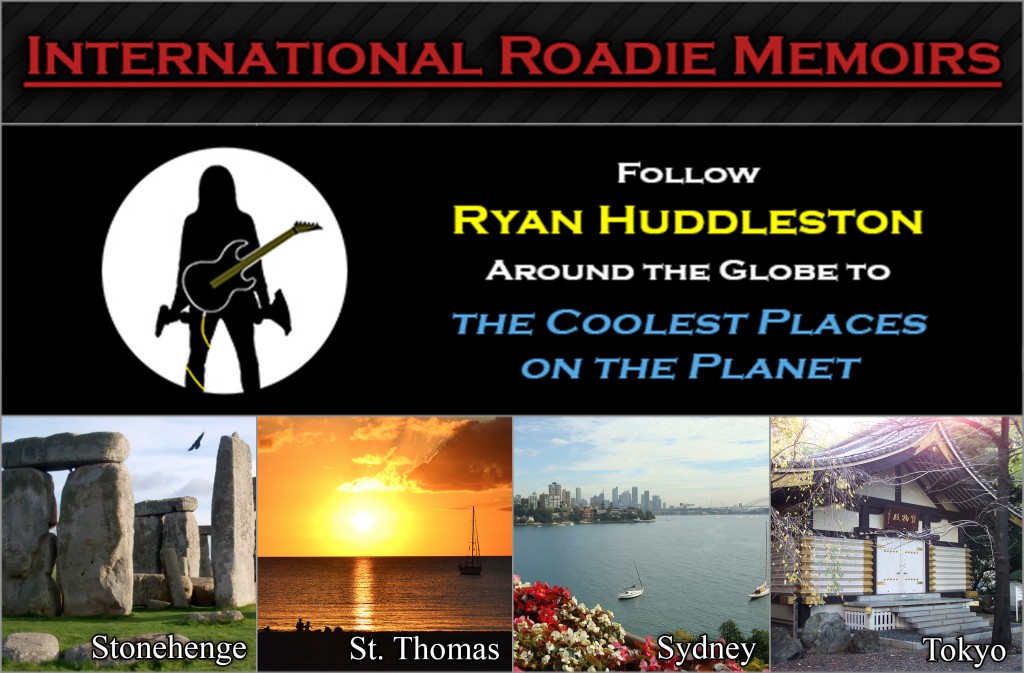 Ryan Parrino
Ryan Parrino
Band – Guitarist
Ryan Parrino is a freelance guitarist, composer, producer and instructor. He is based out of the New York City metro area, but has been around the world. From Dubai to Sydney, Los Angeles to Japan, touring as Michael Bolton’s prodigy guitar player. He is about to embark on the next world tour with Michael, while maintaining several side projects; including writing music and scores for TV and Film & performing with various bands in the NYC area.
1. Who are you on tour with now and what are you doing for them?
I’m currently on tour with Michael Bolton as his guitarist. It mostly involves preparation for each individual show. Learning and memorizing songs, parts, arrangements, etc.. Getting the right tones and onstage levels. Making sure the electric and acoustic guitars are working correctly. More recently, I’ve been doing cues for the band during the shows.
2. What do you do when you are not on tour with Michael Bolton?
When I’m not playing with Michael I’m usually back home playing with different bands and artists as well as writing and recording music. I’ve recently been working on writing music for television and film. That and traditional recording sessions are my main focus right now. As far as live playing, I try to keep as busy as possible with gigs. Lately ranging from Rock/Pop stuff to Jazz and RnB. When I’m not gigging or recording I try to practice to keep my chops up. Occasionally I’ll give guitar lessons if I’m home long enough to.
3. Can you describe the equipment you use, and why you chose that gear?
My rig is pretty straightforward. It usually consists of a tube amplifier and a few pedals in front of it. I’ll change guitars and effects depending on what the desired tone is. Mainstay effects are overdrive, delay and reverb. Additional effects would be compression, chorus and some modulation pedals, but it’s always changing. When I’m out with Michael I use his amps with a more chorused tone to get the sound of some of the earlier records.
4. Are there any tricky little devices you use to improve your tone, that really make the difference? What settings do you use to achieve this?
Ha ha, not really… if you find some please let me know… I’m always in a constant struggle with tone; I’m never entirely satisfied, although at times I can come close. I love tube amps that are cranked up to get the overdrive. I’ll add Tube Screamer type pedals in front of the amp for solos or just more gain in general. I tend to favor Fender amps, because I love the glassy clean tone they get. I also like Vox amps and Mesa/Boogies too. I’m also in the process of buying a Dumble clone. As far as guitars go, I’ve always considered myself a Strat guy, but I do love the fat sound of humbucker pickups. So depending on the gig, I’ll take whatever guitars will get the appropriate sound needed. Apples and oranges.
 5. They say guitar players are a dime a dozen. What separates you from the rest, and enables you the opportunity to tour the world as a professional guitarist?
5. They say guitar players are a dime a dozen. What separates you from the rest, and enables you the opportunity to tour the world as a professional guitarist?
Ha ha, there’s definitely no shortage of guitar players in the world, that’s for sure. Obviously you have to have talent, but I think there’s a lot more to it than just playing the guitar. Aside from ability, I think it boils down to being versatile, being professional, being a quick learner, and having a good attitude. For someone doing what I do, I’d say knowing your role in the band (what to play and what not to play, etc.) and knowing the tones to have for the gig is also really important. Other than that, just my individual playing style I guess.
6. You have been able to play the live parts just like the recordings, perfectly every night. What do you do to analyze a guitar solo before a performance, and what tricks do you use to help you remember all of them?
Well thank you, I’m always trying to improve. I guess its like anything else, the more you do it the better you get. As far as the solos go, I try to listen to them and sing them in my head before I even have the guitar in my hands. This makes it easier when I have the guitar. If I can hear the solo in my head it’s easier to find it on the instrument and remember it. As for general memory, I just play them as much as possible. When you’re playing them every night on a tour they stay fresh in your head and under your fingers.
7. So, I know that you like to rock out with old school Rock & Metal, but you also like Jazz. How has Jazz guitar playing changed your approach to rock guitar playing?
I grew up on 80’s Rock and Metal and that will always be a part of me, and a part of my playing. I actually still listen to the stuff all the time. I initially got into jazz indirectly when John Frusciante of the Red Hot Chili Peppers played an Emaj7 chord and I didn’t know how to play it. That was my intro to jazz harmony. After that I started to build up my chord vocabulary while getting into Funk, RnB, and Jazz. Eventually loving them all. I think getting into Jazz changed my views on improvisation and on harmony in general. But all of my influences are going to come out in my playing. So there’s some Rock, Blues, Funk, RnB, Jazz, Classical, and more, but the trick is knowing when to play a basic rock solo and leave all the Jazz stuff out, ha ha.
8. How has all that schoolin’ and chart training helped with your improvisational playing, and why do you think it’s important to learn to read music as a guitar player?
Well I don’t know that music theory helped with my improvisation per se. It helped me to know what notes will work over what chords, and how music harmony works and how it’s all related. My improv has improved through years of doing it, transcribing solos, and lots of trial and error. Learning to read music is a must for anyone trying to do what I do as a career. Musicians read music. We use it to communicate to one another and to remember songs and understand how music works and so forth. But I think theory should be used just as much as necessary. You have to watch that it doesn’t get in the way of creativity. There should be a balance there always.
9. So, you mentioned before that you write music for TV and Film with a partner when not on the road. What is it like collaborating on those projects, and how does it differ from a solo project?
Yes, I write with and without collaborators. I guess it all depends on whom I’m collaborating with. The guy that I write with on the television stuff is great because he’s been doing it awhile and can push me to get more done in less time. We also have a good ear for melodies and bounce a lot of ideas off one another… that’s always a good thing. Give and take is important too, it can’t be all one sided or it’s not gonna work. For me, it’s always using whatever idea sounds the best, regardless of who came up with it. Also when there are other people there, you can get an opinion instantly.
Thank you! Ryan Parrino, Guitarist. It has been an honor to interview you, and a pleasure to get to know you better…
Join Ryan’s Social Network
By Clicking The Links Below…
 www.ryanparrino.com
www.ryanparrino.com
 www.facebook.com/ryanparrinoguitar
www.facebook.com/ryanparrinoguitar
My Friends on Tour
Ruki Garuba
Fashion Stylist – Michael Bolton, Kelly Rowland, Keyshia Cole
Cameron Handel
Trumpeter – Michael Bolton, Seal, Blast!
Ryan Parrino
Guitarist – Michael Bolton, Smokey Robinson, Kenny G
Orianthi
Guitarist – Michael Jackson, Steve Vai, Alice Cooper
![]()
Zach Rudulph
Bassist – Andy Grammer, Jewel, Gavin Degraw
![]()
Cory Churko
Guitarist – Shania Twain, Kelly Clarkson, Reba McEntire
![]()
The complete backstage experience. Go behind the scenes and get to know the band and crew. Here are their candid perspectives.
 Ryan Huddleston
Ryan Huddleston
Bass Tech, Programmer
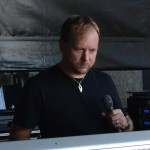 Rob Greene
Rob Greene
Monitors Sound Engineer
 Jason Moore
Jason Moore
Front of House Sound Engineer
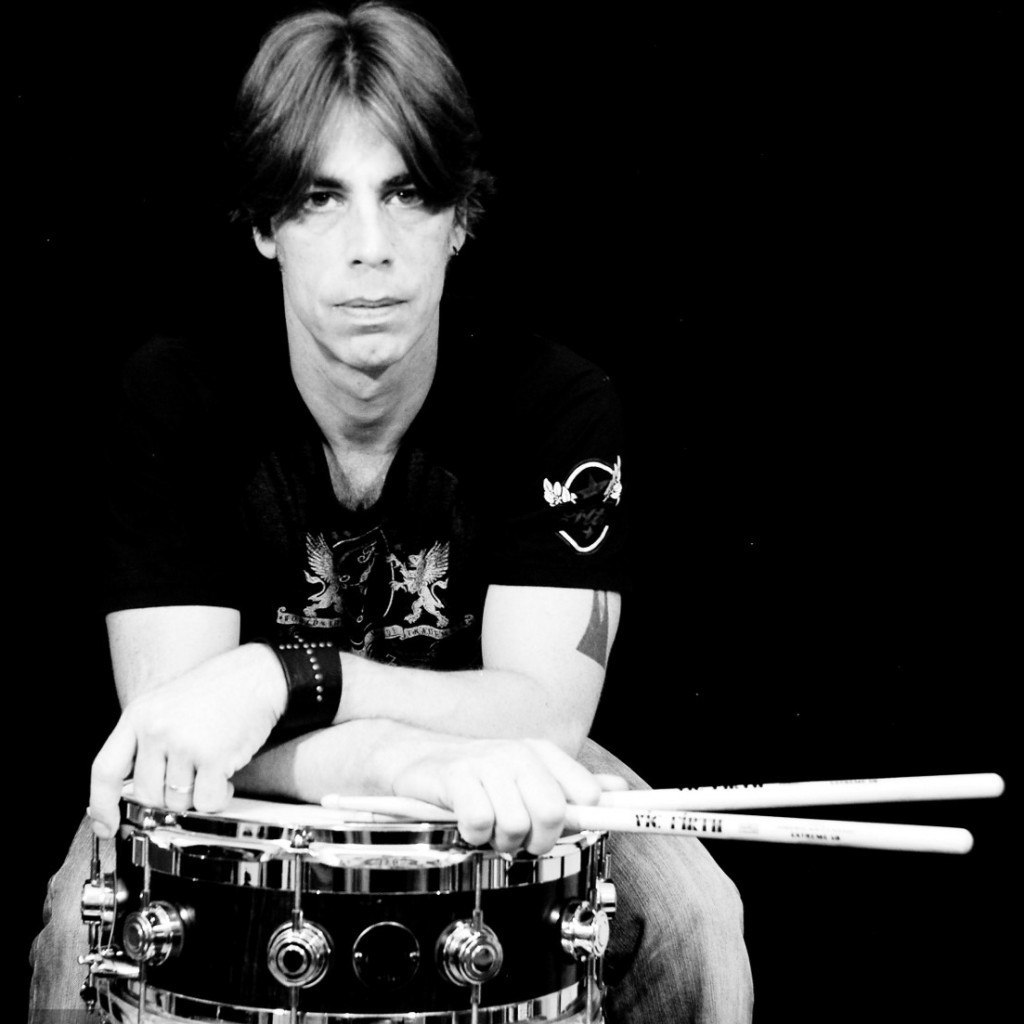 Kenny Sharretts
Kenny Sharretts
Drum Tech
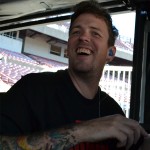 Brock Hogan
Brock Hogan
Lighting Designer
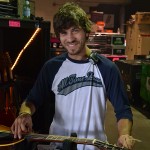 Ian Planet
Ian Planet
Guitar and Keyboard Tech
Moose Douglass
Guitar Tech
 Pergo
Pergo
Pat’s Assistant
![]()
![]()
![]()
![]()
![]()
Elixir strings troubleshooting videos with Ryan Huddleston Ryan’s Recent Projects
Teknix Concepts Switchers Guitar Workshops Greatest Guitar Solos of All Time Music Videos by Music & Videos by Ryan Tricknology Video Series 8-DVD Set Tone Teknix Audio Teknix Impentris Approaching the Darkness Guitar Serenity The Eras and Beyond International Roadie Music & Audio Tools Test Signals for Audio Systems
Teknix Resource Library Tips & Trix Shred Lix & Trix My Friends on Tour Equipment Endorsements International Roadie Memiors Follow Ryan Huddleston around the globe to the coolest places on the planet

